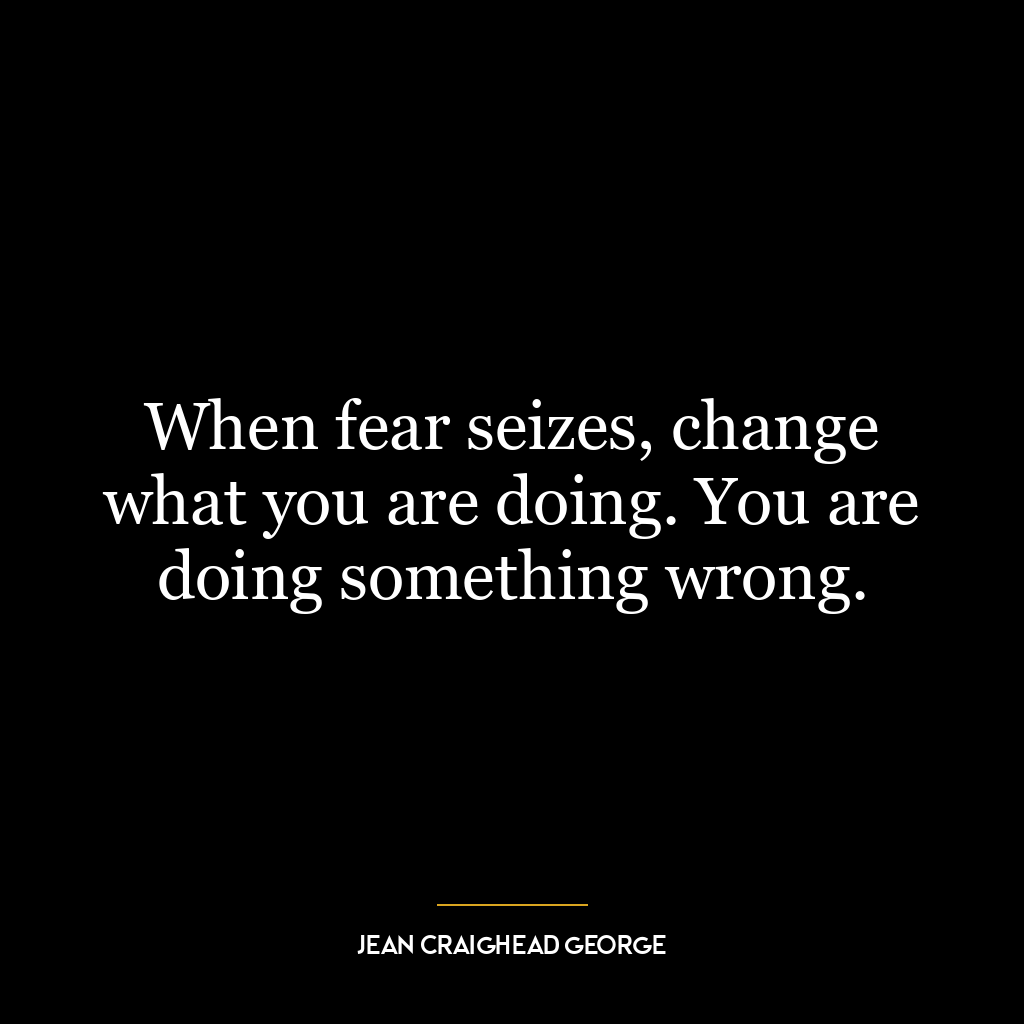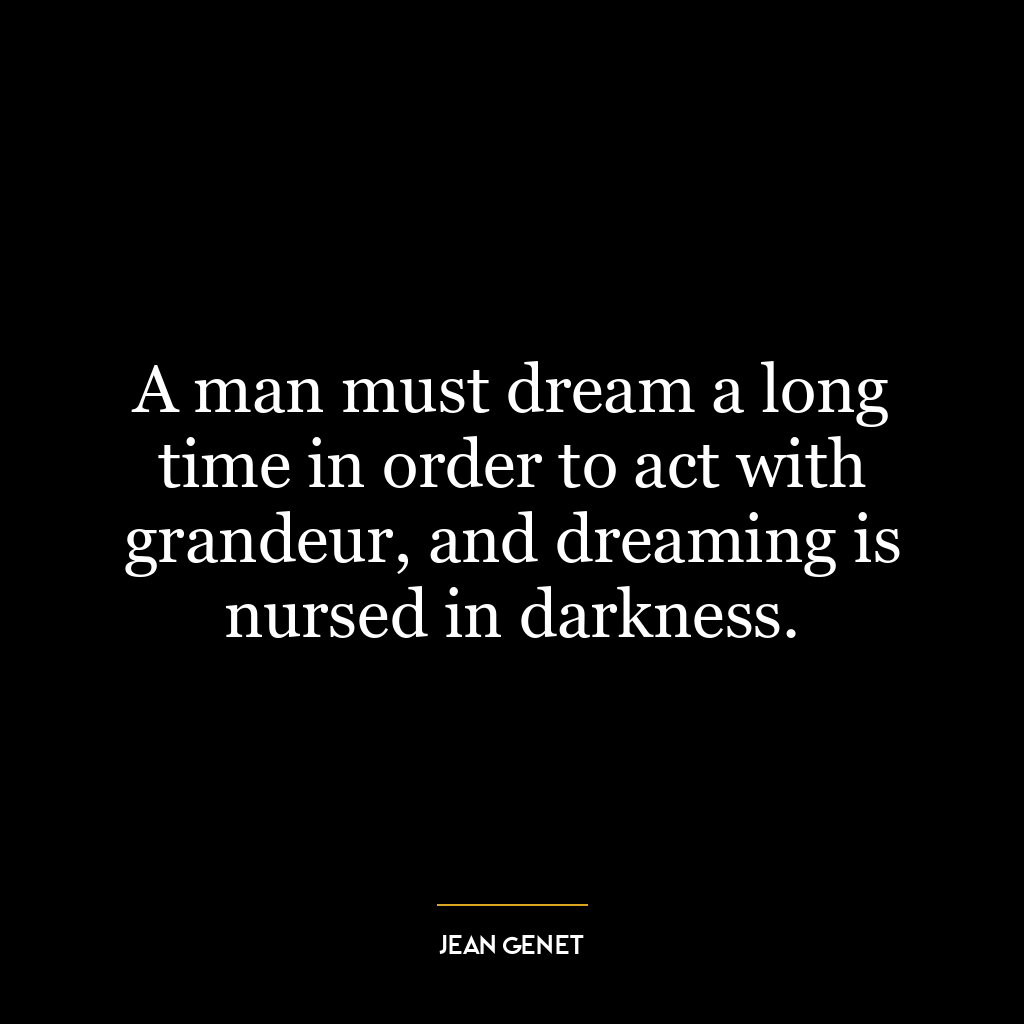This quote highlights the inherent discomfort experienced by a person predisposed to action when he is compelled to reflect or contemplate. The ‘man of action’ is someone who thrives on doing, on being engaged in tasks, in making things happen. He is most comfortable when he is in motion, when he is affecting change in his environment. However, when this individual is forced into a state of thought, he feels out of his element and is unhappy. This is not because thinking is inherently unpleasant, but because it is not his natural disposition. He longs to return to action, to be doing rather than thinking.
This quote could be seen as a reflection of our modern society, where action is often valued more than contemplation. We live in a world that glorifies ‘busyness’, where being constantly engaged in some activity is seen as a sign of productivity and worth. In such a world, taking time to think, to reflect, can be seen as a waste of time, or even as a sign of laziness or indecisiveness.
However, in the realm of personal development, this quote might serve as a reminder of the importance of balance. While action is indeed necessary to bring about change and achieve goals, thought is equally important. It is through thought that we gain insight, that we plan and strategize, that we learn from our past actions and make better decisions for the future. Therefore, even the ‘man of action’ can benefit from periods of thought, even if they might initially cause him discomfort.
Moreover, this quote might also be interpreted as a comment on the challenge of change. The ‘man of action’ is unhappy in a state of thought not just because it is unfamiliar, but also because it requires him to change his habits and ways of being. This can be a difficult and uncomfortable process, but it is also a necessary one for growth and development. Thus, this quote might serve as a reminder that stepping out of our comfort zone, though challenging, is a crucial part of personal development.










